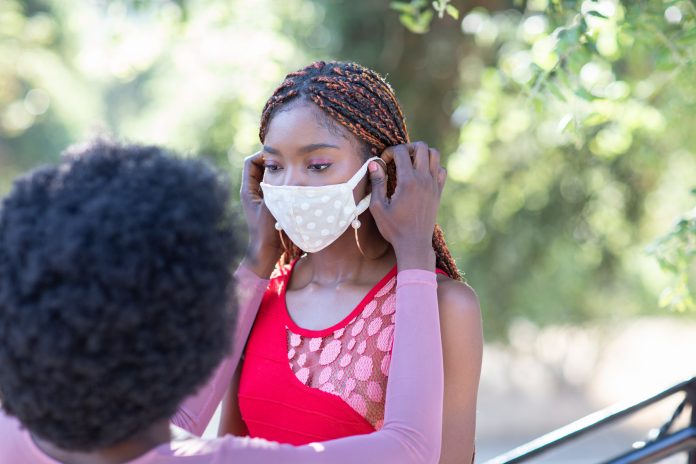SAGE say the UK Governments’ plans to lift all social distancing measures on 19 July are too much – they believe a rise in infections will increase ethnic minority COVID deaths
The Scientific Advisory Group for Emergencies (SAGE) released a paper in response to proposals for total ‘unlockdown’ on 19 July.
In their analysis, the scientists say that infections in the UK are currently rising and they expect another wave – even without the lifting of restrictions. According to them, the “baseline measures” such as mandatory masking and social distancing would reduce transmission by 25%.
In New Zealand, measures like mandatory masks on public transport are still in place – despite the rate of infection being close to nothing. SAGE throw their support behind cautionary measures like this, which could lessen transmission of powerful new variants like Delta and Lambda.
‘Not everyone will have been vaccinated’, say SAGE
Their report says that while many vulnerable, older populations are now double-vaccinated, the rise in infections can cause a rise in COVID hospitalisations and deaths: “Not everyone will have been vaccinated, vaccines are not 100% effective, and the virus will continue to circulate.”
The NHS, overwhelmed for two winters since the virus struck, is predicted to come under pressure just like it did in the first and second waves.
The situation of young adults, who are at most vaccinated with one dose, is highlighted as a potentially dangerous one. Younger adults in their twenties and thirties are described as higher contact – increasing their likelihood of passing on the virus.
The existence of healthcare inequity
Because the rate of infection is creeping up, SAGE are looking at the people who remain most vulnerable to COVID. Those who are socio-economically disadvantaged have been disproportionately hit by the impact of the virus, and disparities in healthcare continue to increase. The latest Marmot review, based on the case study of Greater Manchester, finds that there was 25% more COVID death in the city than across the UK. Sir Michael Marmot explains that existing forms of inequality have been amped up by the pandemic.
Recently, a US-based study examined how “neighbourhood disadvantage” influenced health outcomes in the pandemic. The team found a significant connection.
“The social factors in the COVID-19 inequity index are upstream neighborhood characteristics–they were already in place before the pandemic,” said Allan Just, PhD, senior author on the study and Assistant Professor of Environmental Medicine and Public Health at Icahn Mount Sinai.
The Office for National Statistics (ONS) found that in the first wave, Black men were three times more likely to die than white men.
In the report from SAGE, the UK team emphasise that ethnic minority COVID deaths and hospitalisations will increase as the rate of infection does. This is because both socio-economically disadvantaged and minority ethnic groups are at “higher risk of infection” with a lower likelihood of vaccination.
‘Trust is eroded by systematic racism’, says researcher
Mohammad S Razai, academic clinical fellow in primary care, investigated the basis of deep-rooted doubt in the Black community. He explains that Black people who are hesitant to take the vaccine are not “anti-vaxxers”, a group who oppose vaccination on misguided, abstract ideals. The people who are hesitant in this ethnic group are hesitant for understandable reasons.
Razai wrote that: “Trust is eroded by systemic racism and discrimination, previous unethical healthcare research in black populations, under-representation of minorities in health research and vaccine trials.”











